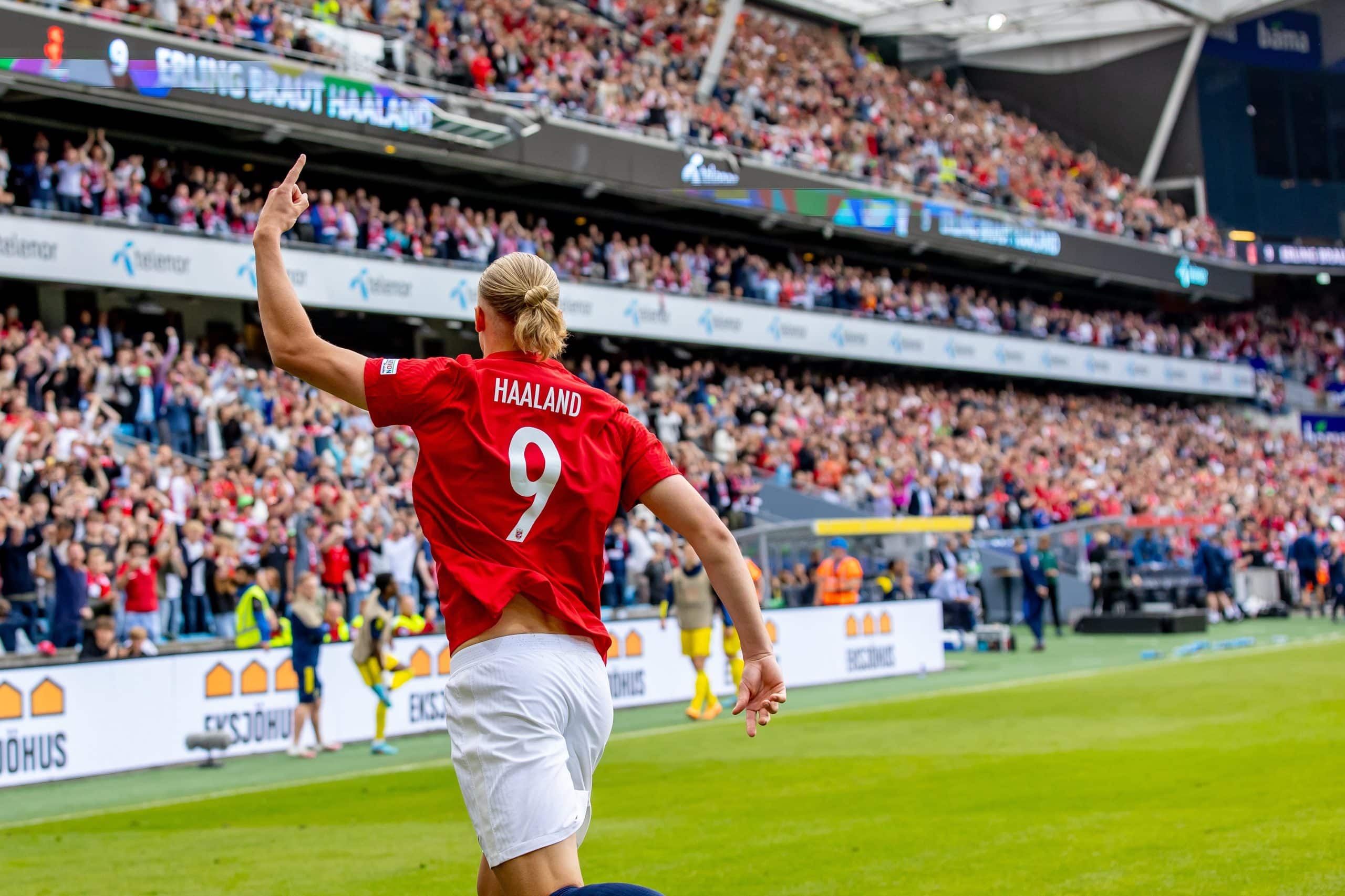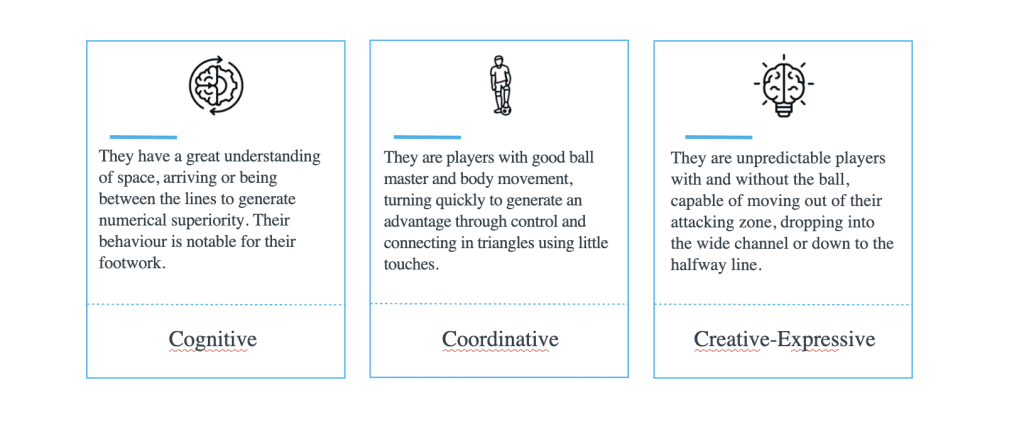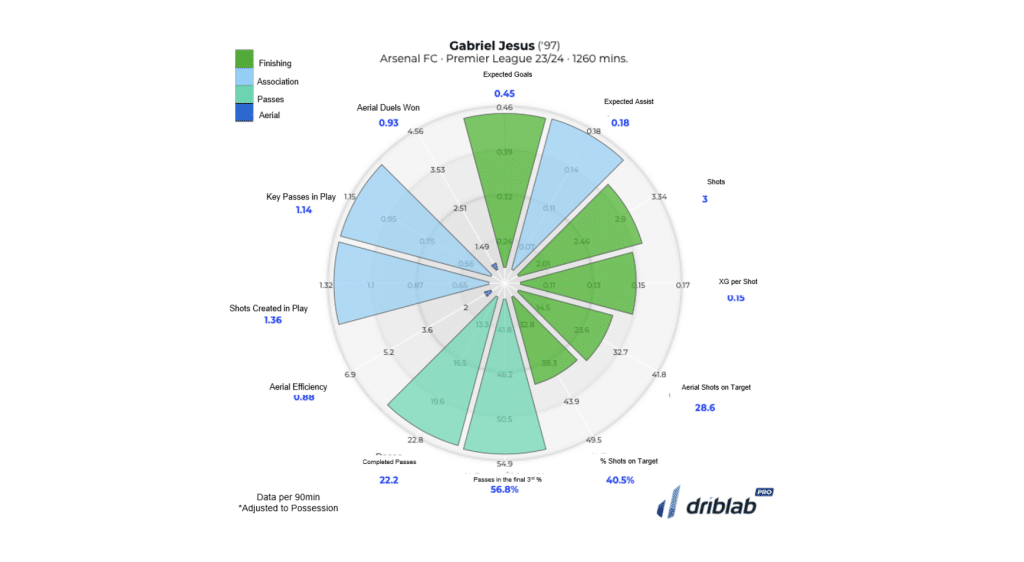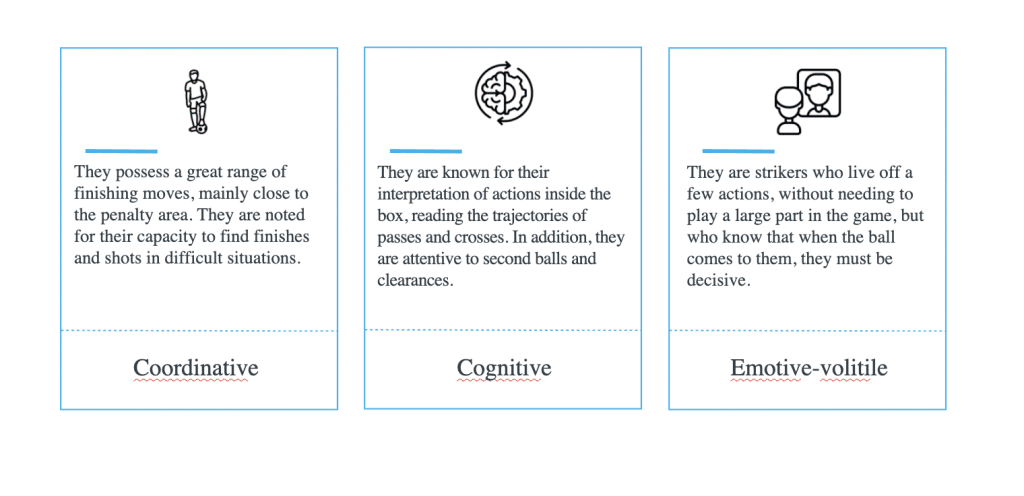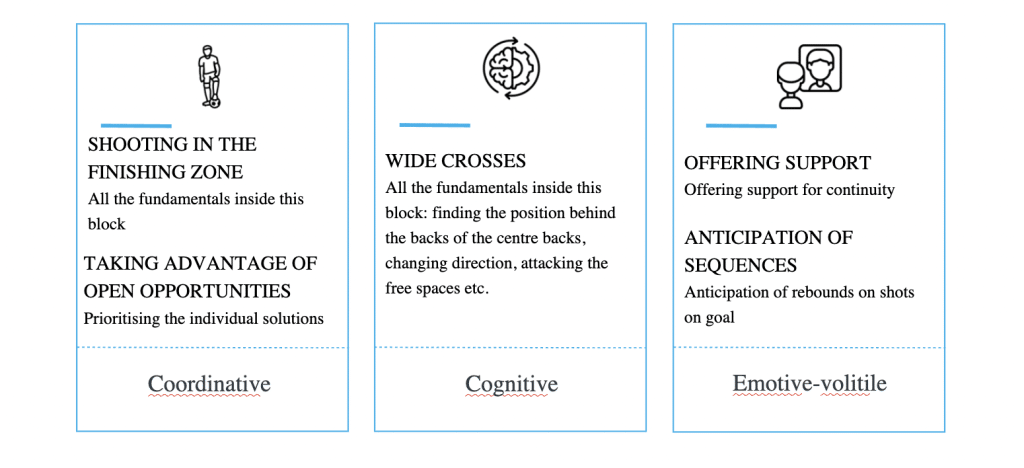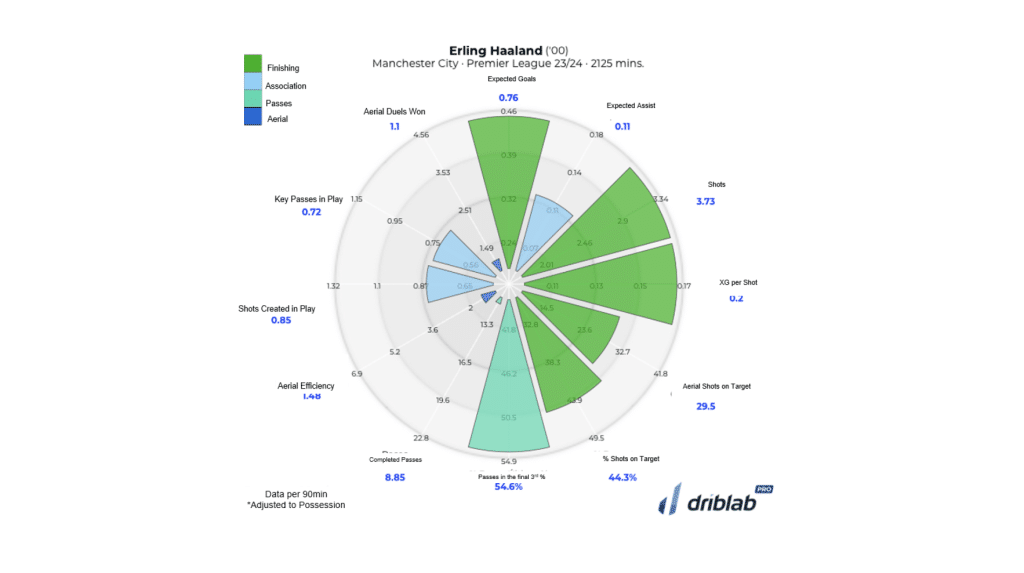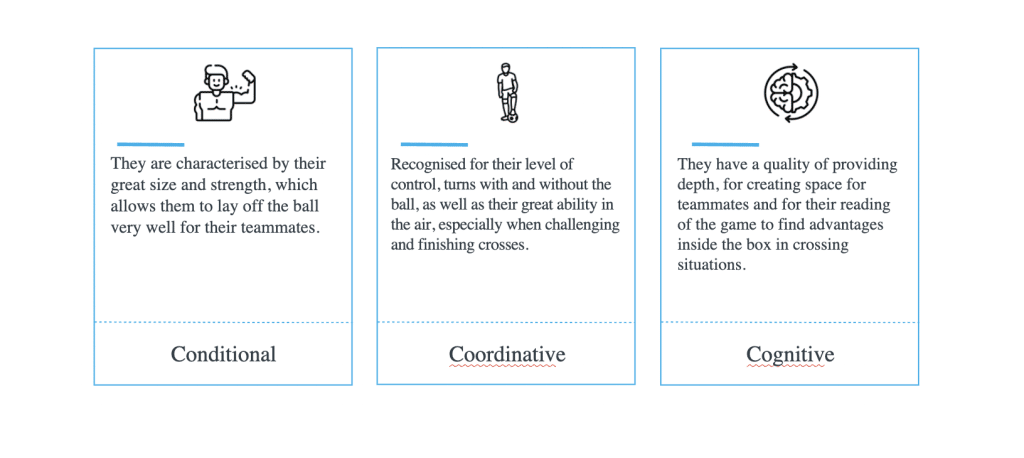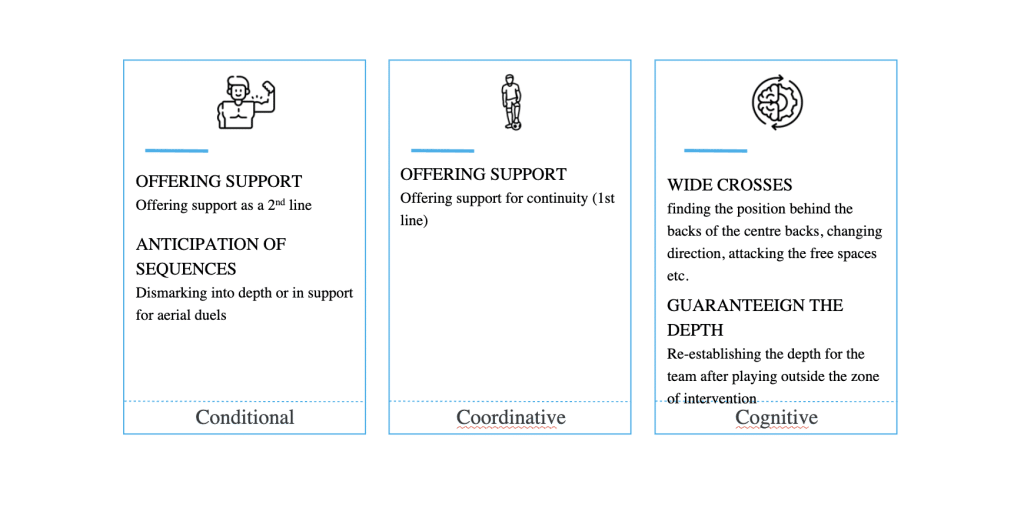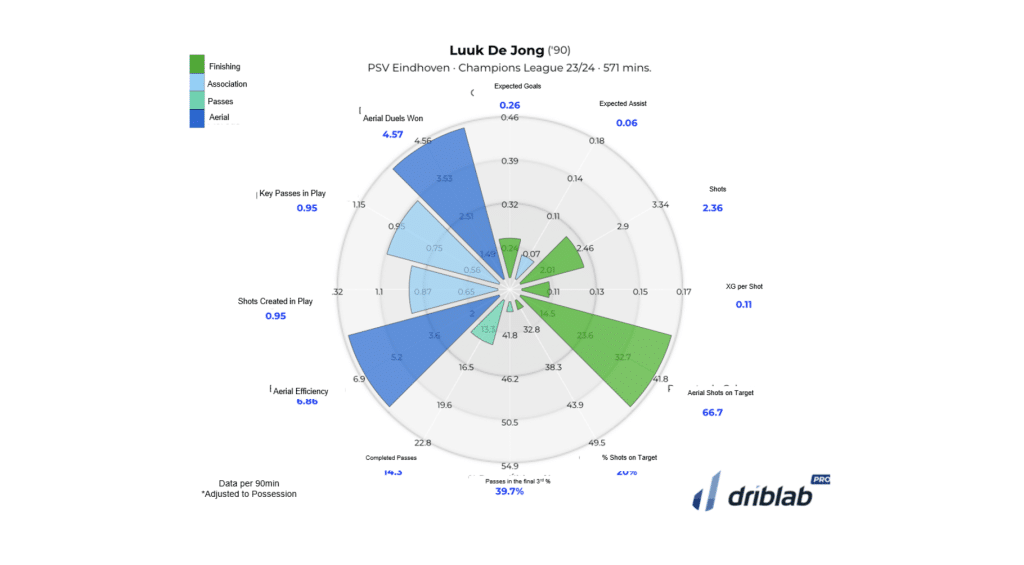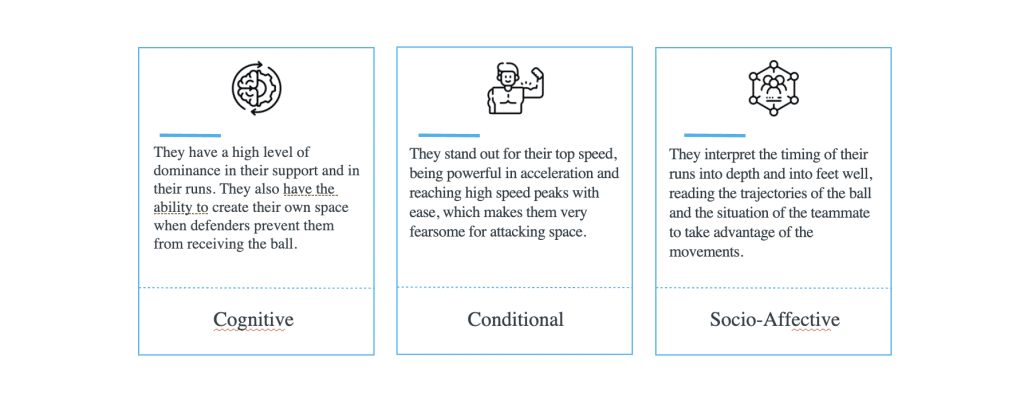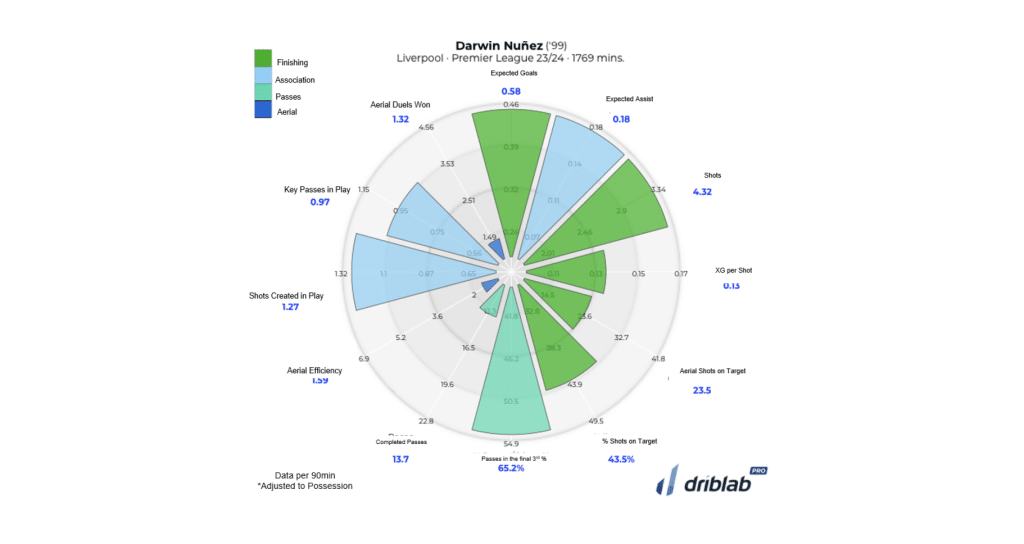There are many different, high-level strikers in the major leagues today. However, what type of striker is best? And what characteristics does, or should each one have? In this blog we will show you the different striker profiles we can find today, as well as the main characteristics of each one.
1. The False 9 striker
This striker profile interprets the spaces in which to generate attacking advantages very well, being key to the progression of the team’s play, which is why they stand out in the following structures:
To this end, the main fundamentals to be mastered by such a centre forward profile in relation to the above-mentioned structures are:
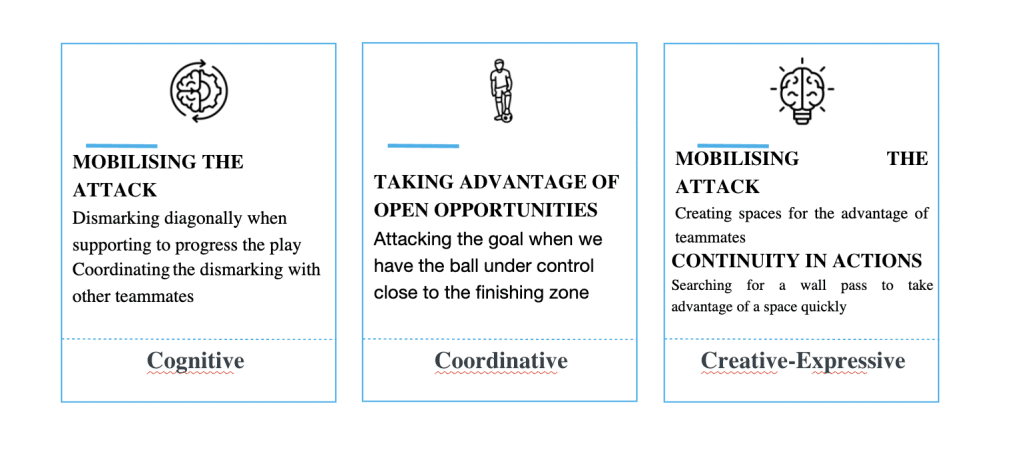
Image 1. Data radar of Gabriel Jesus’ actions during the 23/24 season Premier League season. Source: Driblab
2. The Poacher striker
This striker profile has a great ability to find finishing situations, identifying and anticipating space and showing great skill in the technical actions of finishing both with the foot and with the head:
With this in mind, this type of striker will need to master the following fundamentals:
Normally, these strikers have less influence on the organisation of the team’s attacking play, having a low involvement in key passes and chances created in play. On the other hand, they stand out for their great ability in expected goals, shots and xG per shot, being very efficient in the finishing area.
Image 2. Data radar on the actions of Erling Haaland in the 23/24 Premier League season. Source: Driblab
3. The Target Man
This striker profile allows us to play more vertically, being the team’s reference to facilitate progression. They are able to control all kinds of balls and generate advantages:
In order to do so, this striker will have to master the fundamentals that allow them to take advantage of their main strengths:
They are strikers with a high ability in heading per shot, efficiency and aerial duels won, with their metrics in aerial play being very high. On the other hand, their metrics in passing and attacking play are low, below average, with less involvement in passing in the final third. That is why they are an ideal striker profile for those teams that use a more direct game or that rely on second balls.
Image 3. Data radar on the actions of Luuk De Jong in the 23/24 Champions League. Source: Driblab
4. The Mobile Striker
Versatile players with a variety of movements both for receiving to feet and for attacking in behind, being very quick in medium-long spaces:
The fundamentals in which this striker profile will excel in are the following:
They are a very versatile forward profile, as they stand out both for their finishing ability (expected goals and shots) and also for linking up with their teammates in areas close to the opponent’s goal (expected assists, percentage of passes in the final third). However, they do not stand out for their aerial play or their ability to combine in areas far from goal.
Image 4. Data radar on the actions of Darwin Núñez during the 23/24 Premier League season. Source: Driblab
It is clear, then, that depending on the team’s game idea, one striker profile or another may fit better, as they will have to enhance the team’s principles of play in order to get the best possible performance in competition. And you, which profile do you think fits better with the way your team plays? Leave us your comment.
Do you want to learn more about Individual Fundamentals by Position?
The ‘Specialist in Individual Fundamentals by Position’ course will allow you to study in depth more than 90 individual fundamentals by player position. All these fundamentals are the result of an exhaustive study of each and every one of the most common and relevant situations in which each player finds themselves in during a match depending on their position on the pitch. Once these situations in the game have been identified, we study which are the optimal responses that give the player the best chance of success.

